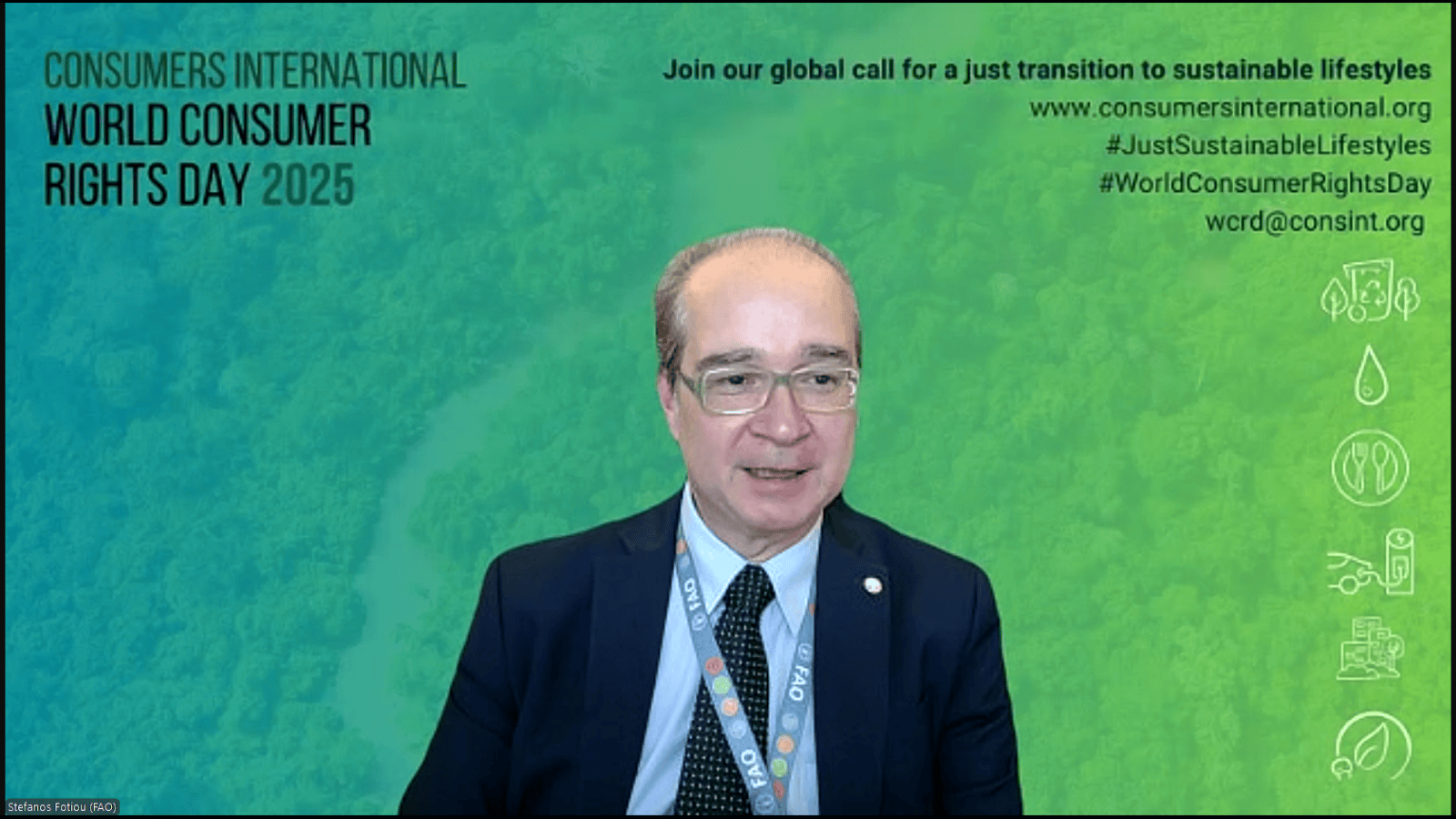SEED FUNDING JOINT PROGRAMMES
Jordan
Transforming Jordan's Agri-food System towards greater sustainability and resilience



PROJECT TITLE | Transforming Jordan's Agri-food System towards greater sustainability and resilience |
| Context | Since 2021, Jordan has placed food security and system at the forefront of its developmental goals with the adoption of the National Food Security Strategy (NFSS) for 2021–2030. The NFSS envisions access to safe, affordable, and nutritious food for all by 2030. The 2022-2024 National Food Security Action Plan for the implementation of the NFSS prioritizes food availability, improved access to and better utilization of food, and strengthening governance mechanisms. |
| PUNOs | FAO, UNIDO |
| Contribution to SDGs | SDG 2 Zero Hunger, SDG 8 Decent Work and Economic Growth |
| Contribution to other SDG transitions | Decent Jobs and Universal Social Protection |
| Duration | September 2024 – August 2025 |
| Expected financial leverage | USD 30,000 – co-financing from FAO, UNDO, MoA |
| Alignment with SG Call to Action | Policy integration; Food systems governance; Research, data, technology and innovation; Inclusive and participatory design; Private sector engagement; Financing |
| Outcomes | The JP strengthens the government’s capacity to identify and implement strategic programs that deliver positive outcomes across multiple dimensions of food systems, including production, post-harvest, processing and distribution. The JP emphasizes the inclusion of refugees, women and youth in food systems. |
| Partners |
|
| Outputs |
|
Achieving access to food on a healthy planet
Hub Director Stefanos Fotiou speaks at Consumers International’s Sustainable Lifestyles Summit, highlighting the urgency of transforming food systems for people and planet.

On 11 March 2025, the UN Food Systems Coordination Hub participated in the session "Achieving Access to Food on a Healthy Planet" as part of Consumers International’s Sustainable Lifestyles Summit (10–14 March). Organized in collaboration with the UN Environment Programme, the session explored how action on sustainable lifestyles – grounded in the essential right to food – can address interconnected challenges of hunger, nutrition, and environmental sustainability. With over 733 million people facing hunger and more than one-third of the global population unable to afford a healthy diet, urgent action is needed to transform food systems in a way that upholds human rights while protecting the planet.
Speaking at the session, Stefanos Fotiou, Director of the UN Food Systems Coordination Hub, emphasized the critical role of sustainable food systems in delivering climate and health co-benefits.
“Food must be produced in peace with nature. The global food system is responsible for a third of greenhouse gas emissions, up to 80% of biodiversity loss, and 70% of freshwater use. Integrating food policies into climate action is critical to mitigating these environmental impacts,” he stated.
He called for an urgent shift toward food systems that work in peace with nature and follow a human rights-based approach. Highlighting the role of consumers in driving transformation, he emphasized the need to move from a passive buyer model to an active food citizen model, where individuals are informed about how food is produced, used, and its true cost. He advocated for integrating food literacy into school curricula, challenging the dominance of ultra-processed food marketing, and introducing policies such as taxation on foods harmful to human and planetary health. Fotiou also stressed the need for decentralized food power, urging strategies that prioritize local food systems and channel public funds directly to smallholder farmers. Looking ahead to the upcoming UNFSS+4 Stocktake, he underscored the need for accelerated action to reorganize food systems in ways that protect both people and the planet.
